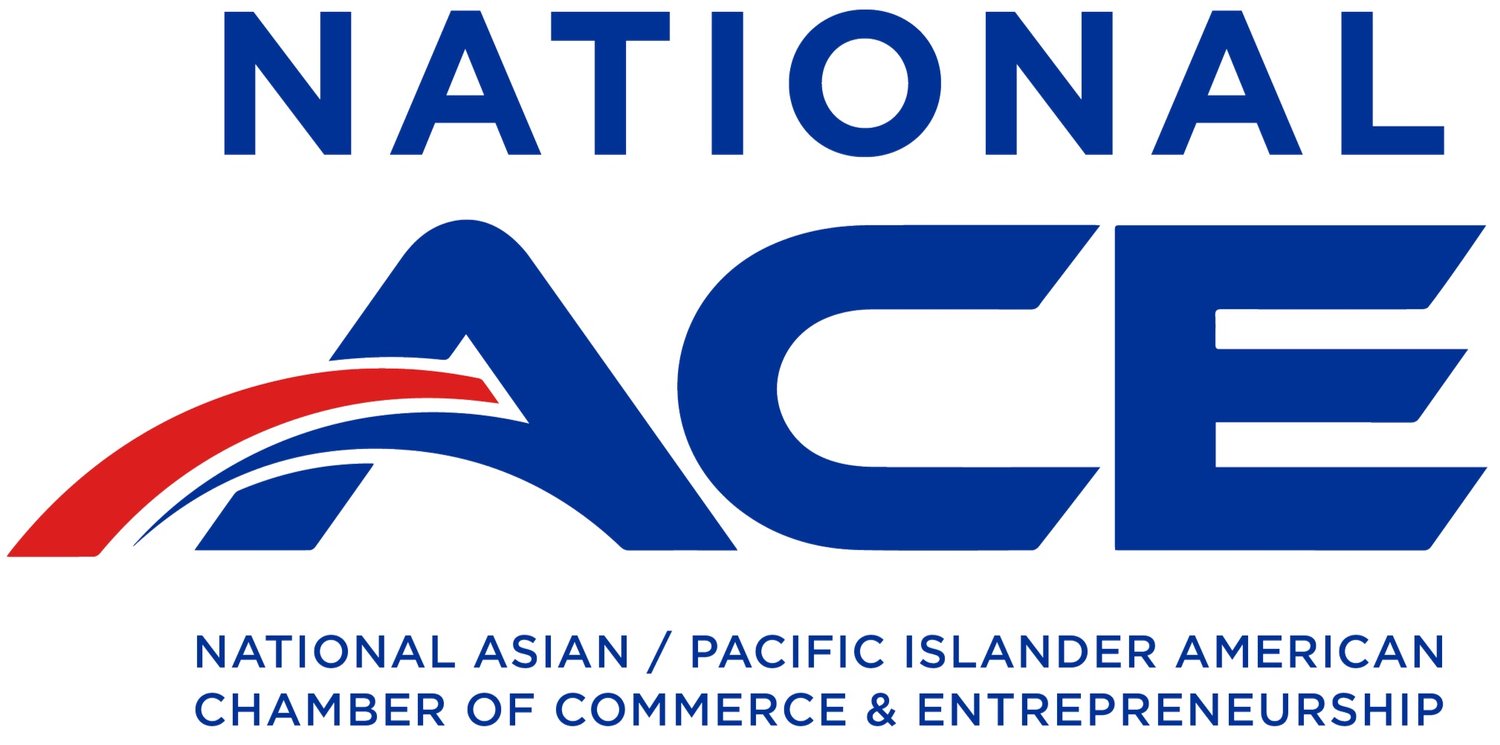RELEASE: Diverse Chambers to the CPUC: Don’t Lose Sight of Our Goal to Connect Communities to Affordable Internet
May 29, 2024
RELEASE: Diverse Chambers to the CPUC: Don’t Lose Sight of Our Goal to Connect Communities to Affordable Internet
SACRAMENTO, Calif. – The National Asian/Pacific Islander American Chamber of Commerce and Entrepreneurship (National ACE), U.S. Black Chambers, Inc. (USBC), U.S. Hispanic Chamber of Commerce (USHCC), and National LGBT Chamber of Commerce (NGLCC) today sent a letter to the California Public Utilities Commission (CPUC) urging it to avoid any decisions that will set a bad precedent and threaten the success of future broadband programs in light of recent requests from The Utility Reform Network (TURN) and the Public Advocates Office at the California Public Utilities Commission (Cal Advocates).
“There is no doubt that access to affordable internet has a profound impact on economic equality – as digital platforms and tools facilitate access to economic opportunities, educational resources, and vital support networks,” the groups stated. “But if unnecessary burdens discourage strong carrier participation, they will undermine the program’s affordability objectives and leave people on the wrong side of the divide.”
In their filings, TURN and Cal Advocates requested that the CPUC modify certain rules before approving any additional broadband applications, proposing: 1) Requiring grantees offer a $15 a month or less broadband plan; and 2) Requiring applicants that are a Carrier of Last Resort (COLR) to offer a plan eligible for the California LifeLine and federal Lifeline benefit programs.
“Especially for our diverse minority communities, time is of the essence. The digital landscape continues to evolve at a rapid pace, and a misstep now will hurt communities already disproportionately impacted by the digital divide. From broadband subsidy programs like California’s to the federal Broadband Equity, Access, and Deployment (BEAD) Program, it’s important to get these plans right – and to do it now to secure a connected future,” the groups continued. “As California and the federal government deliberate the best path forward to overcome this barrier, regulators must focus on comprehensive, efficient solutions that will be sustainable in the long-term.”
The full text of the letter can be found below:
In light of the Affordable Connectivity Program (ACP) coming to an end, millions of Americans may soon lose internet access – including those in rural and urban areas, Republican and Democratic districts, and minority communities. In response, two groups recently submitted recommendations to the California Public Utilities Commission (CPUC) aimed at securing a successor to the federal broadband program.
As we know, cost continues to be one of the greatest challenges separating people who have access to the internet and those who don’t. As California and the federal government deliberate the best path forward to overcome this barrier, regulators must focus on comprehensive, efficient solutions that will be sustainable in the long-term. While the recommendations outlined in the petition may appear to fill the gap left by the end of the ACP, they fail to take into account several considerations that would stunt progress in the long run.
In the filings, the groups request that the CPUC modify certain rules before approving any additional broadband applications, proposing:
Requiring grantees offer a $15 a month or less broadband plan; and
Requiring applicants that are a Carrier of Last Resort (COLR) to offer a plan eligible for the California LifeLine and federal Lifeline benefit programs.
These requirements, though well-intentioned, risk the financial viability of the program. Though the groups argue their recommendations aren’t burdensome, this presumption falsely assumes the diverse array of providers, including small companies, can absorb the costs necessary to offer plans at this price. Such a mandate could actually go against the desired effect and instead discourage providers from participating, thus limiting the quality and quantity of services available to eligible households.
There is no doubt that access to affordable internet has a profound impact on economic equality – as digital platforms and tools facilitate access to economic opportunities, educational resources, and vital support networks. And the state’s broadband grant program is meant to help bridge the digital divide so that Californians who need it most are supported in accessing digital tools and resources. But if unnecessary burdens discourage strong carrier participation, they will undermine the program’s affordability objectives and leave people on the wrong side of the divide.
Especially for our diverse minority communities, time is of the essence. The digital landscape continues to evolve at a rapid pace, and a misstep now will hurt communities already disproportionately impacted by the digital divide. From broadband subsidy programs like California’s to the federal Broadband Equity, Access, and Deployment (BEAD) Program, it’s important to get these plans right – and to do it now to secure a connected future.
We call on the CPUC to avoid any decisions that will set a bad precedent for future programs. To continue to expand universal broadband access, leadership must identify policies that efficiently connect the remaining unconnected homes and businesses across the state and incentivize providers to compete fiercely and invest in their networks.
We can’t lose sight of the goal to overcome the internet affordability barrier, and burdensome regulation will take our eye off the prize and divert focus from what matters most.
Sincerely,
National Asian/Pacific Islander American Chamber of Commerce and Entrepreneurship
(National ACE)
U.S. Black Chambers, Inc. (USBC)
U.S. Hispanic Chamber of Commerce (USHCC)
National LGBT Chamber of Commerce (NGLCC)

